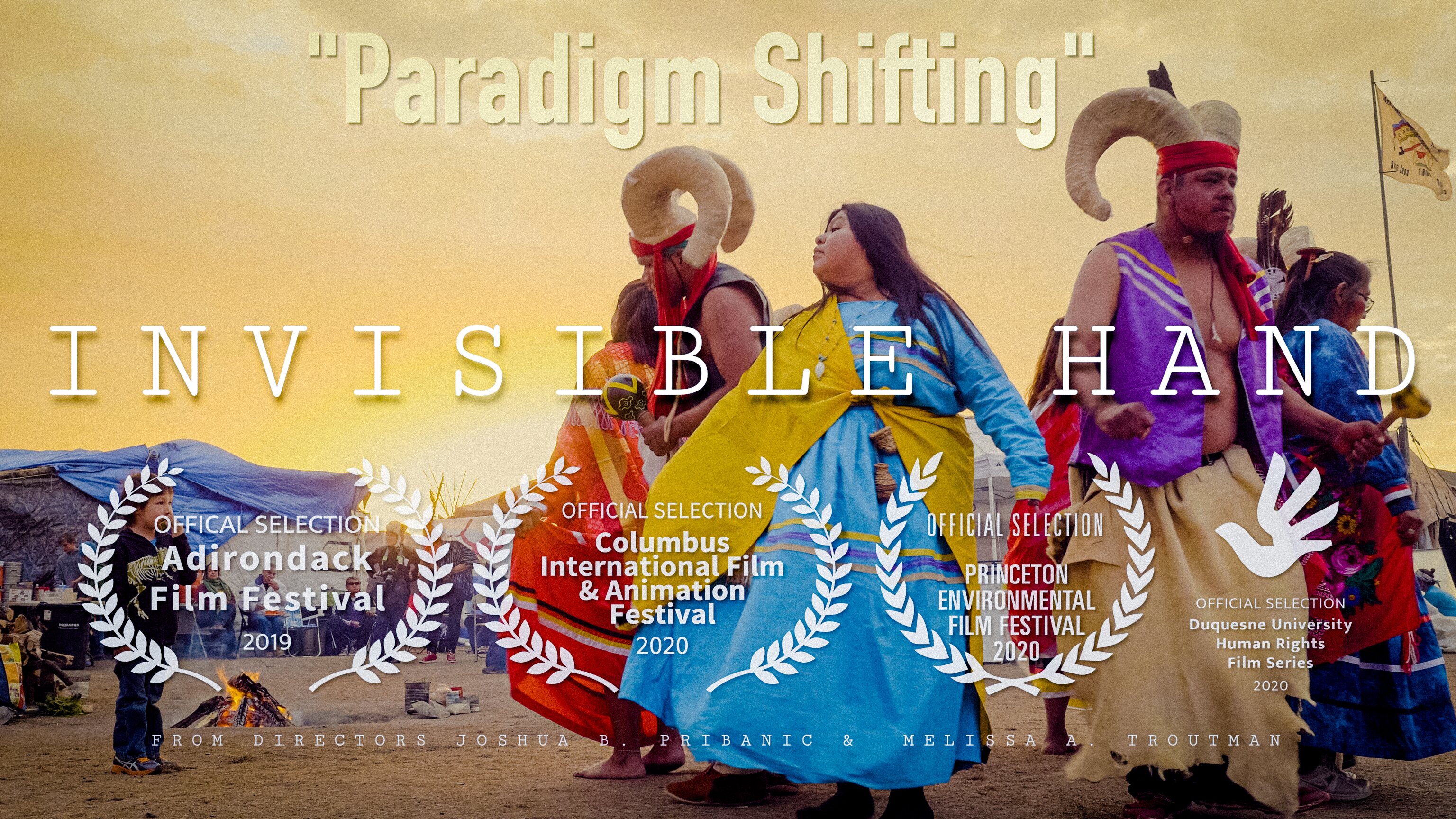Proposed DNC Platform Takes Bold Step Towards the Rights of Nature
Proposed DNC Platform Takes Bold Step Towards the Rights of Nature
Op-ed by Grant Wilson for Public Herald
August 17, 2020 | Project: OPINION | Updated: August 22, 2020
The Democratic Party’s Climate Council recently released their proposed 2020 environmental and climate platform. Among the recommendations is one of overarching significance: “Establish a commission, similar to the President’s Council on Sustainable Development, to explore incorporating Rights of Nature principles into U.S. law.”
If adopted by the DNC—which seems increasingly possible—the platform could provide an opportunity for meaningful, systemic change by reinforcing the truth that human welfare is inseparable from the welfare of Nature.
The Democrats’ commitment to explore Rights of Nature would represent a turning point in the decades-long struggle to protect and restore Nature, which is in severe decline.
The U.S. legal system is rooted in exploitation of Nature. As a young lawyer, I spent years fighting against governments that allowed rivers to be diverted and dammed to death. Oftentimes, this onslaught was not only legal, but encouraged by a culture of consumption and an economy that measures success by hollow economic growth. Now even the mighty Colorado River, which provides water to seven states, is shriveling. Its waters rarely reach the ocean, yet we continue to wring every drop as it withers away.
Our environmental laws only treat the symptoms, not the disease. Even the most ecocentric of U.S. environmental laws, the Endangered Species Act, only protects species when they are on the verge of extermination.
Destruction of natural ecosystems does not lead to prosperity and impacts us all in myriad ways: Our children look to the future with fear. The soils are depleted. Dead zones grow in coastal waters. Rivers cease to flow to the sea and have “500-year floods” regularly as the climate changes. Natural wonders and irreplaceable lands are lost to development. The oceans acidify and fill with plastic waste.
What would happen if, instead, natural ecosystems are respected and repaired? Indigenous peoples recall rivers with abundant fish—so many that you could practically walk across their backs to get to the other side. That was only 100 years ago.
Recognizing that Nature possesses rights, just as humans do, is essential. First, it creates a new DNA for our legal system based upon the understanding that humans are part of Nature, not separate from it. Nature’s rights are human rights, as well. Second, it establishes healthy, intact ecosystems as a policy goal, in contrast to the meek policy goal of “less degradation” that epitomizes many environmental laws. Finally, it gives Nature a direct voice in our government through the appointment of legal guardians that represent Nature’s rights and interests.
In the United States, the Rights of Nature movement is already making progress. Just last month, the Nez Perce General Council passed a resolution recognizing the Snake River as a living entity with certain fundamental rights. Native Americans, who have long held the worldview that humans and Nature are inseparable, are beginning to formalize this belief through Western law.
Four other tribes and dozens of U.S. communities—from Santa Monica to Pittsburgh—have formally recognized the Rights of Nature through legislative action. Implementation can be challenging inside a legal system hostile to the idea of Nature being anything more than human property, but progress continues.
Globally, the Rights of Nature movement is steadily growing. Ecuador, Bolivia, and Uganda all recognize Nature’s rights nationally, as does Mexico in three states. In New Zealand, a settlement between the Crown government and the Māori tribes of Whanganui recognized the Whanganui River (or “Te Awa Tupua”) as a legal person with rights and created a guardianship body to enforce those rights. In Colombia, courts have recognized the fundamental rights of ten ecosystems, including the entire Colombian Amazon.
The DNC’s proposal to explore incorporating Rights of Nature principles into U.S. law could be the tipping point towards a society in which humans and the rest of Nature thrive together. It would present the opportunity to unite legal experts, scientists, scholars, tribal and religious leaders, civil society, businesses, and others to develop new laws and policies essential to the well-being of future generations.
Now is the time for our nation to recognize the Rights of Nature. We can start by supporting the recommendations of the DNC Council on the Environment & Climate Crisis Council. Our future and the future of all life depends on it.
OP-ED Author
Grant Wilson, JD, is the Executive Director of Earth Law Center, a nonprofit organization that advances a new generation of ecocentric legal movements, including the Rights of Nature. Earth Law Center partners with Indigenous peoples, governments, and community leaders across the globe towards an ecocentric legal system and society. Wilson is an editor of the forthcoming law school coursebook Earth Law: Emerging Ecocentric Law—A Practitioner’s Guide (Wolters Kluwer, 2020). He is also an expert member of the World Commission on Environmental Law and the U.N. Harmony with Nature Initiative. He graduated from Lewis & Clark Law School in Portland, Oregon in 2012 and currently resides in Boulder County, Colorado.






